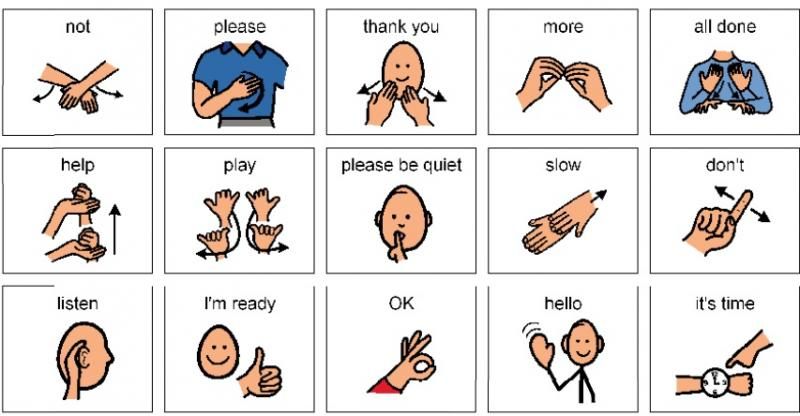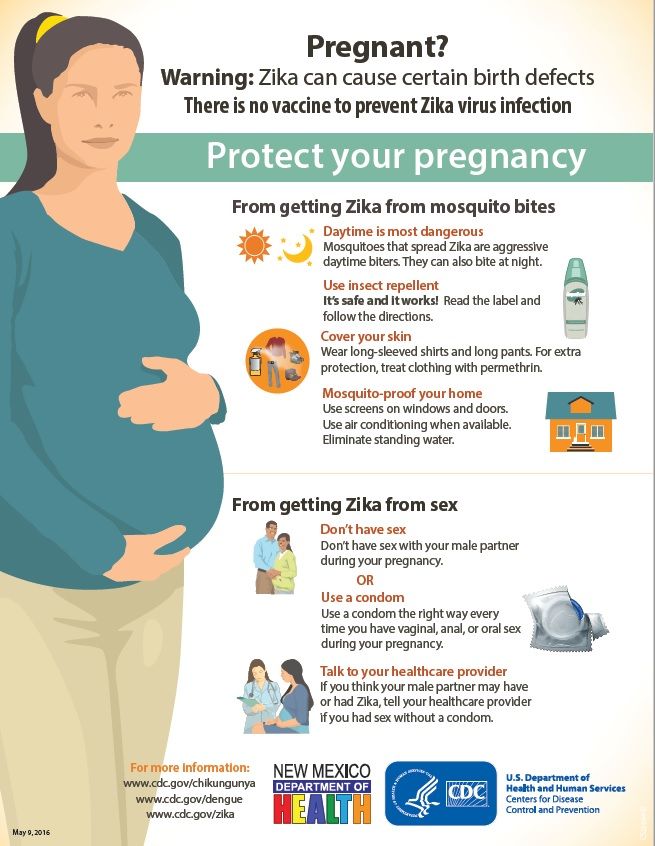Week twenty one of pregnancy
21 Weeks Pregnant | Pregnancy
When you're pregnant, you have lots of questions. Our week-by-week pregnancy guide is packed with lots of useful information. From what's happening inside your body, to how your baby is developing, and tips and advice on having a healthy pregnancy – this is your one-stop pregnancy guide!
- 1st trimester
- 2nd trimester
- 3rd trimester
Our week-by-week pregnancy guide is full of essential information. From staying fit in pregnancy to advice on your maternity rights, you'll find it all here.
- Week 13
- Week 14
- Week 15
- Week 16
- Week 17
- Week 18
- Week 19
- Week 20
- Week 21
- Week 22
- Week 23
- Week 24
- Week 25
- Week 26
- Week 27
As you start the 2nd half of your pregnancy, you'll be entering a period of rapid growth. Your baby is getting ready for life outside the womb and developing essential skills including sucking and breathing.
What's happening in my body?
You may start feeling a little unsteady as your bump gets bigger. This is because your center of gravity has changed and your joints are looser. If you have a tumble, try not to panic as your baby is well protected, but do let your midwife know as soon as possible. If you travel on public transport, think about getting a baby on board badge to prompt other commuters to give up their seats.
Your baby is moving around a lot now, and establishing waking and sleeping patterns. The only trouble is, your baby may be wide awake when you are ready to sleep. Have naps when you can to make up for lost sleep at night. Read more sleep tips.
Dump the junk food
A healthy diet, with lots of fresh fruit and veg, will give you more energy than junk food. Research shows that if you eat well, your baby will too, and you're both less likely to get conditions like diabetes.
Try to eat 5 portions of fruit and veg a day, and go for wholegrain, low-fat and low-sugar options when you're given the choice. Here are some easy recipes.
Simple food swaps
Swap takeaways for healthier and tastier homemade alternatives. Try these recipes:
- cheats' pizza calzone
- chicken and banana korma (you can use tofu if you're vegetarian)
- homemade fish and chips
2nd trimester pregnancy symptoms (at 21 weeks)
This week, your signs of pregnancy could include:
- tiredness and sleeping problems (week 19 has information about feeling tired)
- stretch marks (read about stretch marks on week 17's page)
- swollen and bleeding gums (week 13 has information about gum health during pregnancy)
- pains on the side of your baby bump, caused by your expanding womb ("round ligament pains")
- piles (read about piles on week 22's page)
- headaches
- backache
- nosebleeds
- indigestion and heartburn (week 25 talks about digestive problems)
- bloating and constipation (read about bloating on week 16's page)
- leg cramps (week 20 explains how to deal with cramp)
- feeling hot
- dizziness
- swollen hands and feet
- urine infections
- vaginal infections (see week 15 for vaginal health)
- darkened skin on your face or brown patches – this is known as chloasma or the "mask of pregnancy"
- greasier, spotty skin
- thicker and shinier hair
You may also experience symptoms from earlier weeks, such as:
- mood swings (week 8's page has information on mood swings)
- morning sickness (read about dealing with morning sickness on week 6's page)
- weird pregnancy cravings (read about pregnancy cravings on week 5's page)
- sore or leaky breasts (read about breast pain on week 14's page)
- a white milky pregnancy discharge from your vagina and light spotting (seek medical advice for any bleeding)
Read Tommy's guide to common pregnancy symptoms.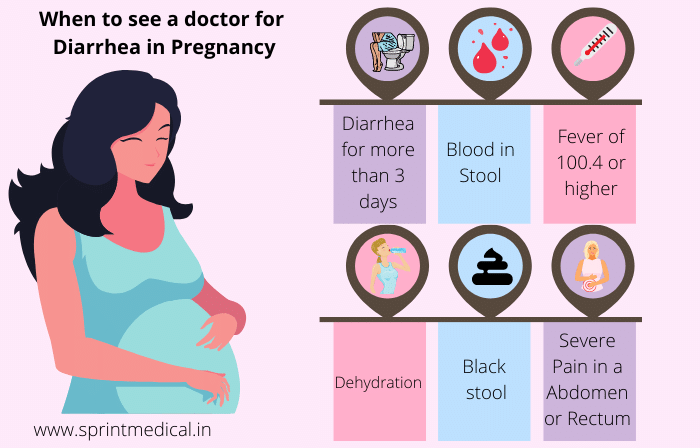
What does my baby look like?
Your baby, or foetus, is around 26.7cm long from head to toe, and weighs about 350g. That's approximately the size of a carrot, and the weight of 5 pitta breads.
Your baby is now heavier than the placenta. The placenta basically doubles up as a larder and toilet, by providing food and removing waste. It will keep on growing during your pregnancy to do its vital work.
Meanwhile your baby has been developing a fine, downy layer of hair called "lanugo" – the purpose of this fur coat is probably to keep your baby at the perfect temperature, and it usually vanishes before the birth. Your baby is also developing hair and eyebrows.
Your baby can now hear noises and voices outside the womb. If you sing to your bump, no matter how bad it sounds, they will be your biggest fan.
Action stations
Pregnancy can be a happy time, but for some it's stressful and there are lots of difficult decisions to make. If you were given any unexpected news at your anomaly scan, you may be feeling very worried.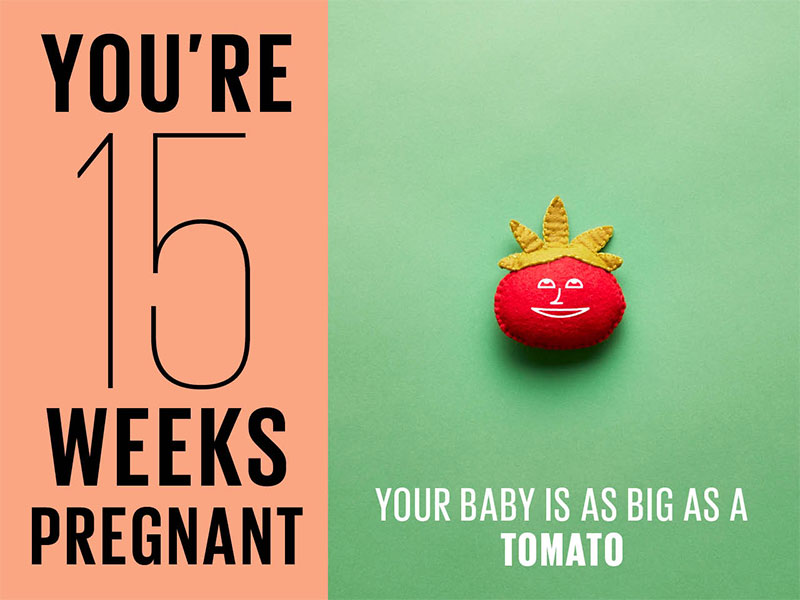 Try talking through your options with your doctor or midwife. You could also call the free helpline run by a charity called Antenatal Results and Choices.
Try talking through your options with your doctor or midwife. You could also call the free helpline run by a charity called Antenatal Results and Choices.
You don't have to tell your employer for several more weeks, but as soon as you do, you will have maternity rights. You can attend antenatal appointments during paid work time.
You can also ask for a risk assessment of your work place. If you want to wait, the latest you can leave it is 15 weeks before the baby is due, which is around week 25.
It's a good time to tone up your pelvic floor muscles. Gentle exercises can help to prevent leakage when you laugh, sneeze or cough. Get the muscles going by pretending that you're having a wee and then stopping midflow. Visit Tommy's for more ideas about pelvic floor exercises.
Ask your midwife or doctor about online antenatal classes – they may be able to recommend one. The charity Tommy's has lots of useful information on antenatal classes and preparing you for birth.
Even if you've had children before, they're still worth going to as you can meet other parents-to-be. The NCT offers online antenatal classes with small groups of people that live locally to you.
To keep bones and muscles healthy, we need vitamin D. From late March/early April to the end of September, most people make enough vitamin D from sunlight on their skin. However, between October and early March, you should consider taking a daily vitamin D supplement because we cannot make enough from sunlight.
Some people should take a vitamin D supplement all year round, find out if this applies to you on the NHS website. You just need 10 micrograms (it's the same for grown-ups and kids). Check if you're entitled to free vitamins.
It's recommended that you do 150 minutes of exercise a week while pregnant. You could start off with just 10 minutes every day. Perhaps take a brisk walk in the park, or go for a swim. If you start any classes, make sure the instructor knows that you're pregnant. Don't overdo it though – listen to your body.
Don't overdo it though – listen to your body.
There's no need to eat for 2. You don't need any extra calories until the third trimester, which starts in week 28. Try to eat healthily, with plenty of fresh fruit and veg, and avoid processed, fatty and salty foods. You may be able to get free milk, fruit and veg through the Healthy Start scheme.
You and your family should follow the government and NHS guidance on coronavirus (COVID-19):
To find out about about COVID-19 and pregnancy, childbirth and breastfeeding, have a look at advice on the:
Go back to week 20
Go to week 22
21 Weeks Pregnant: Symptoms, Belly, Baby Size & More
- Community
- Getting Pregnant
- Pregnancy
- Baby Names
- Baby
- Toddler
- Child
- Health
- Family
- Courses
- Registry Builder
- Baby Products
Advertisement
2022
Highlights this week
Baby kicks
Soon, other people may be able to feel your baby move by putting a hand on your belly. Your baby's initial fluttering movements will turn into full-fledged kicks and nudges.
Your baby's initial fluttering movements will turn into full-fledged kicks and nudges.
Hiring a doula
A doula is a trained labor and birth assistant who can support you during your baby's birth. If you're looking for a doula, start interviewing candidates soon.
Swimming during pregnancy
Swimming is one of the best exercises for expecting moms. It's low-impact and gentle on your body, and can help ease pregnancy aches and pains. As your belly gets bigger, it's extra nice to float, weightless, in the water.
Baby development at 21 weeks
Your baby's taste buds
Your baby has working taste buds and can taste what you eat when they swallow your amniotic fluid.
Sucking reflex
Your baby's sucking reflex is starting to develop, and your baby can suck their thumb. (You may have seen this on an ultrasound!)
Your baby's skin
Smooth, gorgeous skin is in your baby's future – but for now, their skin is wrinkled and translucent. It appears red because of visible blood vessels.
It appears red because of visible blood vessels.
Your baby at 21 weeks
Tap the plus for more details
Your baby is about the size of a carrot
length
10.79
inches
head to toe
weight
14.07
ounces
Pregnancy symptoms during week 21
Varicose veins
You're more prone to varicose veins now. As your pregnancy progresses, the weight of your uterus puts increasing pressure on the veins in your legs. Higher progesterone levels, which may cause the walls of your veins to relax, can make the problem worse. Minimize varicose veins by exercising daily, gaining your recommended amount of pregnancy weight, elevating your feet to heart level or higher, avoiding crossing your legs or ankles while sitting, and not standing or sitting for long periods of time without moving. Wearing compression socks can also help by increasing the blood flow from your legs.
Bleeding gums
About half of expecting moms get pregnancy gingivitis – inflamed gums that bleed when brushed or flossed.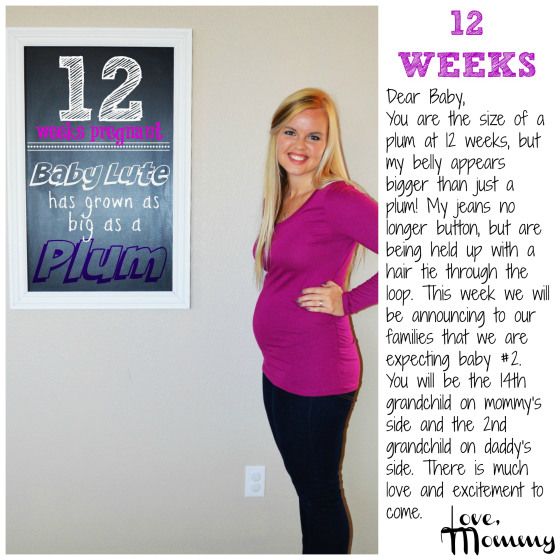 It's not likely to harm your baby or otherwise affect your pregnancy unless you have severe gum disease, which has been linked to some complications. Make sure to practice good oral hygiene by brushing twice daily and flossing daily. It's safe to go to the dentist during pregnancy – in fact, it's especially important to have regular dental checkups, cleanings, and any necessary treatments.
It's not likely to harm your baby or otherwise affect your pregnancy unless you have severe gum disease, which has been linked to some complications. Make sure to practice good oral hygiene by brushing twice daily and flossing daily. It's safe to go to the dentist during pregnancy – in fact, it's especially important to have regular dental checkups, cleanings, and any necessary treatments.
Clumsiness
Starting to feel a bit off balance or clumsy? As your belly grows, your center of gravity changes, so you may begin to occasionally feel a little unsteady on your feet. Try to avoid situations with a high risk of falling; trauma to your abdomen could be dangerous for you and your baby. Slow down, avoid risky tasks (like climbing a ladder to change a lightbulb), wear low-heeled shoes, and walk extra carefully on uneven, wet, or icy surfaces.
Braxton Hicks contractions
Braxton Hicks are "practice" uterine contractions that are mostly infrequent, irregular, and painless.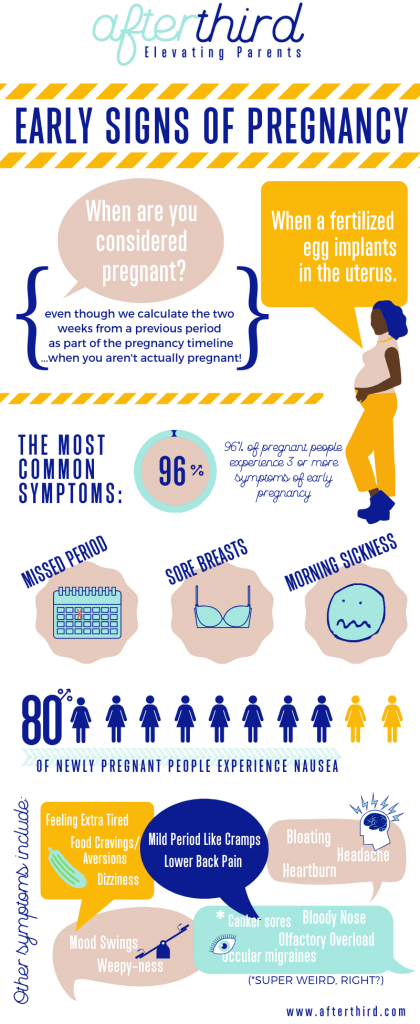 They start early in pregnancy, but you probably won't start feeling them until around 21 weeks. (Some women never notice them, and that's okay, too.). It's most common to have Braxton Hicks contractions at the end of the day, when you're dehydrated or have a full bladder, or during or after physical activities including sex. Braxton Hicks are harmless, but they can be difficult to distinguish from preterm labor. If you're having regular contractions, or any signs of preterm labor, call your doctor or midwife right away.
They start early in pregnancy, but you probably won't start feeling them until around 21 weeks. (Some women never notice them, and that's okay, too.). It's most common to have Braxton Hicks contractions at the end of the day, when you're dehydrated or have a full bladder, or during or after physical activities including sex. Braxton Hicks are harmless, but they can be difficult to distinguish from preterm labor. If you're having regular contractions, or any signs of preterm labor, call your doctor or midwife right away.
Heartburn
Heartburn is a burning sensation that often extends from the bottom of the breastbone to the lower throat. It's common during pregnancy because of hormonal and physical changes. Many women experience heartburn for the first time while pregnant, and although it's generally harmless, it can be quite uncomfortable. To get relief, check out these ways to prevent and minimize heartburn during pregnancy.
Weight gain
At this point in pregnancy, you may be gaining about a pound a week.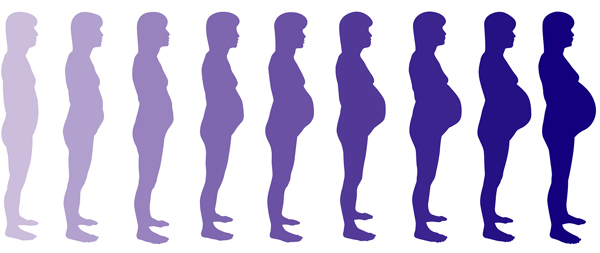 To learn what a healthy weight gain is for you during pregnancy, talk to your doctor or midwife and use our Pregnancy Weight Gain Calculator. Keep in mind that guidelines aren't set in stone. Your target weight gain will be different depending on your health needs. And if you're overweight, obese, or underweight, it's especially important to have a customized approach to your pregnancy weight gain.
To learn what a healthy weight gain is for you during pregnancy, talk to your doctor or midwife and use our Pregnancy Weight Gain Calculator. Keep in mind that guidelines aren't set in stone. Your target weight gain will be different depending on your health needs. And if you're overweight, obese, or underweight, it's especially important to have a customized approach to your pregnancy weight gain.
Don't see your symptom?
Wondering about a symptom you have? Find it on our pregnancy symptoms page.
Your body at 21 weeks
Tap the plus for more details
Pregnancy checklist at 21 weeks pregnant
Check your rings
It's common to have some pregnancy-related swelling in your fingers as the weeks go on. If your rings are feeling snug, do yourself a favor and take them off now before they get stuck. You may want to wear them on a chain close to your heart. (Note: If you have more than moderate swelling in your hands, call your provider.)
Avoid unsafe activities
As your belly grows, it's important to avoid unsafe activities that have a high risk of falling or other dangers.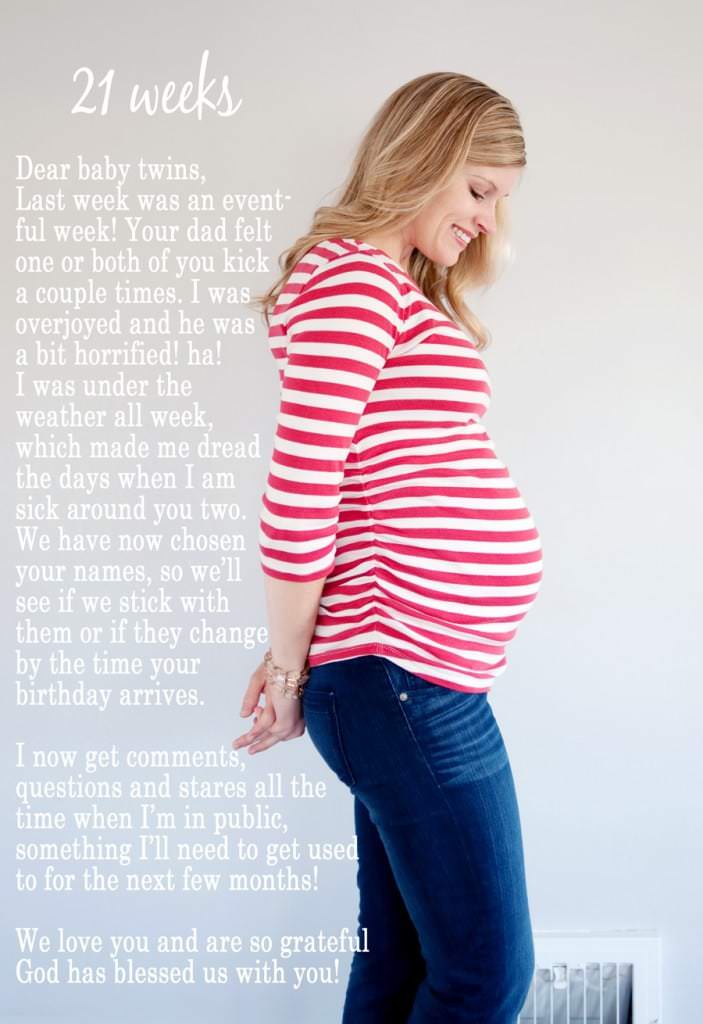 That includes scuba diving, contact sports, snowboarding, downhill skiing, hot yoga, horseback riding, hot tubbing, four wheelers, water slides, and some amusement park rides.
That includes scuba diving, contact sports, snowboarding, downhill skiing, hot yoga, horseback riding, hot tubbing, four wheelers, water slides, and some amusement park rides.
Review your finances
Adding a new member to the family changes everything, including your finances. Taking the time to rearrange your budget to make room for your baby can lower your stress levels and help you feel more secure. Though it's probably not the most enticing thing on your to-do list, it's smart to consider the big financial questions regarding insurance, taxes, wills, and childcare sooner rather than later.
Create your baby registry
If you haven't created a baby registry yet, now is a good time. You're going to need a lot of baby products for your little one, so it's wonderful when friends and family chip in. Not sure where to start? Our Baby Registry Builder makes it easy to choose the best registries for your needs and decide what to put on them.
Soothe your stress
Everyone has some stress in their lives, but when it's constant or overwhelming, it can cause problems. Some studies have linked chronic stress during pregnancy to premature birth, preeclampsia, and low birthweight. To relieve stress, try exercising, looking to friends and family for support, and practicing mindfulness techniques. If your stress becomes overwhelming, talk to your provider and consider seeking help from a therapist.
Some studies have linked chronic stress during pregnancy to premature birth, preeclampsia, and low birthweight. To relieve stress, try exercising, looking to friends and family for support, and practicing mindfulness techniques. If your stress becomes overwhelming, talk to your provider and consider seeking help from a therapist.
21 weeks pregnant bellies
This may be a golden time in pregnancy, when your belly is big enough to look pregnant and adorable but not big enough to make you super uncomfortable. If you want to flaunt your new curves, wear form-fitting clothes or cinch a belt just above your bump.
Thankfully, moms-to-be have a lot more style options these days. After churning out shapeless tent dresses for decades, retailers have heard the call for beautiful and stylish maternity clothes. Check out the best plus-size maternity clothing retailers and favorite maternity clothing brands as identified by BabyCenter moms and editors.
This week's video
Marcella Gates
Marcella Gates is executive editor at BabyCenter, the world's number one digital parenting resource, and is an expert on pregnancy and parenting. As a mom of three, she loves that her professional life is focused on supporting and empowering parents and expecting parents. Gates lives in the San Francisco Bay Area with her family.
As a mom of three, she loves that her professional life is focused on supporting and empowering parents and expecting parents. Gates lives in the San Francisco Bay Area with her family.
Advertisement | page continues below
20 weeks 22 weeks
Advertisement
21-24 weeks of pregnancy
21st week of pregnancy
Development of the baby
At 21 weeks the baby is about 25 cm tall and the fetus weighs 300-400 g. lack of subcutaneous fat, the body is still very thin, and the head seems unnaturally large. At this time, the formation of eyelashes and eyebrows takes place, the baby learns to blink, and his skin gradually acquires a flesh color, thickens, constrictions appear on it.
At the 21st week, the muscles and skeleton of the fetus are actively developing. The child constantly moves, carefully bends and unbends the limbs, due to its small size it can do somersaults, turns, change the position of its body several times a day, lie transversely in the uterus, turn up or down with its head.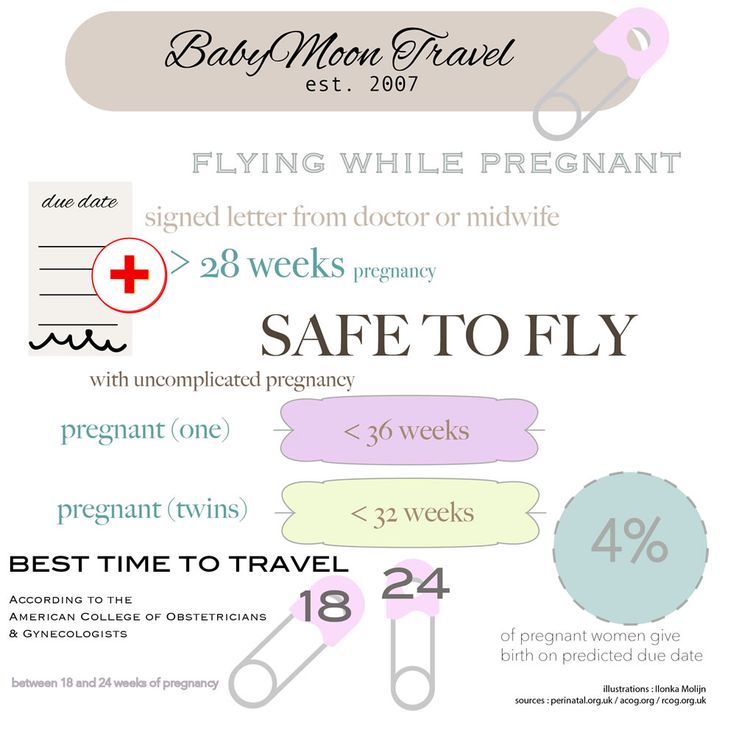
At this stage, the baby hears well, not only distinguishes sharp sounds, but reacts to music, so the expectant mother can listen to classics or favorite songs, contribute to the development of the child. The development of the digestive system continues, taste buds are formed. The fetus is able to distinguish the taste of amniotic fluid.
Pregnant woman
Pregnant woman at 21 weeks feels normal. The expectant mother clearly feels the movements of the fetus; very often, the periods of sleep and activity of the child and the woman do not coincide, so pregnant women do not get enough sleep during this period, they wake up at night due to the intensive movements of the baby. Painful sensations at this time are quite rare, since the child does not have sufficient physical strength, and his movements do not differ in intensity.
A pregnant woman may put on weight as the baby grows, its muscle and fat mass increases. Expectant mothers eat with pleasure. Their appetite increases significantly, morning sickness and general malaise disappear.
At this time, the baby's skeleton is formed, for the development of which calcium is needed. Pregnant women should monitor their health, take calcium supplements as prescribed by a doctor, since if it is lacking, problems with teeth are possible. Calcium is washed out of the tissues, the teeth begin to hurt and crumble. It is important not only to consume vitamins, but also to carefully balance the diet, add calcium-rich cottage cheese, sour cream and other dairy products to the daily menu. The consumption of fish, cereals and legumes, vegetables will help to fill the calcium deficiency.
22nd week of pregnancy
Development of the child
The body length of the fetus reaches 28-30 cm and its weight is approximately 500 g. The child more and more resembles a newborn, his head no longer looks so big, the length of the limbs increases. The kid no longer keeps his legs constantly bent, he periodically straightens them. Intensively increases the volume and mass of the child's brain.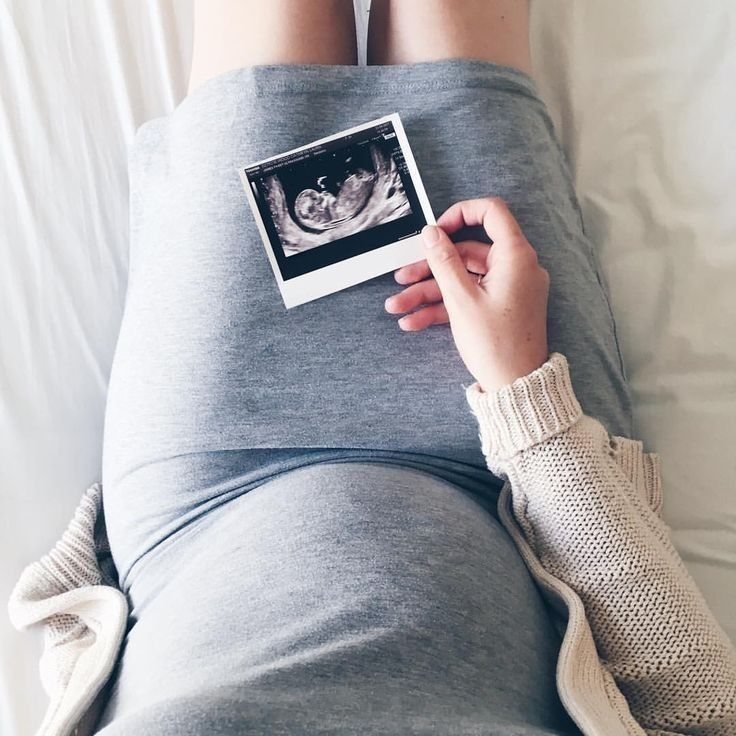
The baby is in constant motion, he can move his fingers and toes, move his head to the right and left. The child knows how to suck his thumb, he tilts his head forward and accurately puts his finger in his mouth. Such actions indicate an increase in sensitivity and development of the vestibular apparatus, improved coordination; the child already feels the position of his own body in space.
The baby's brain at this time contains a complete set of neurons, the number of which does not change throughout a person's life. With age, only the re-formation of connections between cells and the improvement of the work of the human brain takes place.
Pregnant woman
At 22 weeks, the uterus of a pregnant woman is located 2 cm above the navel. The abdomen is not yet very large, but the internal organs are already beginning to shrink due to the accelerated growth of the uterus. A woman may experience some discomfort, pain between the lower ribs. In order not to suffer from pain, you must constantly monitor your posture, choose a comfortable chair with a solid back for work. Special exercises, periodic changes in body position, turns and inclinations will help to solve the problem. It is necessary to avoid sedentary work, take short breaks and fully relax.
Special exercises, periodic changes in body position, turns and inclinations will help to solve the problem. It is necessary to avoid sedentary work, take short breaks and fully relax.
The bottom of the uterus can press on the stomach, so a common problem at this time is a feeling of heaviness after eating and heartburn. The position of the stomach in pregnant women changes to a more horizontal one, the muscle relaxes, which closes the transition from the esophagus to the stomach, as a result of which the contents of the stomach fall back into the esophagus, irritate it, the woman feels a burning sensation and an unpleasant aftertaste. The reason for such changes is not only the pressure of the uterus on the stomach, but also a change in the hormonal background of a woman, an increase in the content of progesterone in the body. To get rid of heartburn, you need to chew food thoroughly, eat often, but in small portions. Do not eat before going to bed, as the food will not have time to be digested.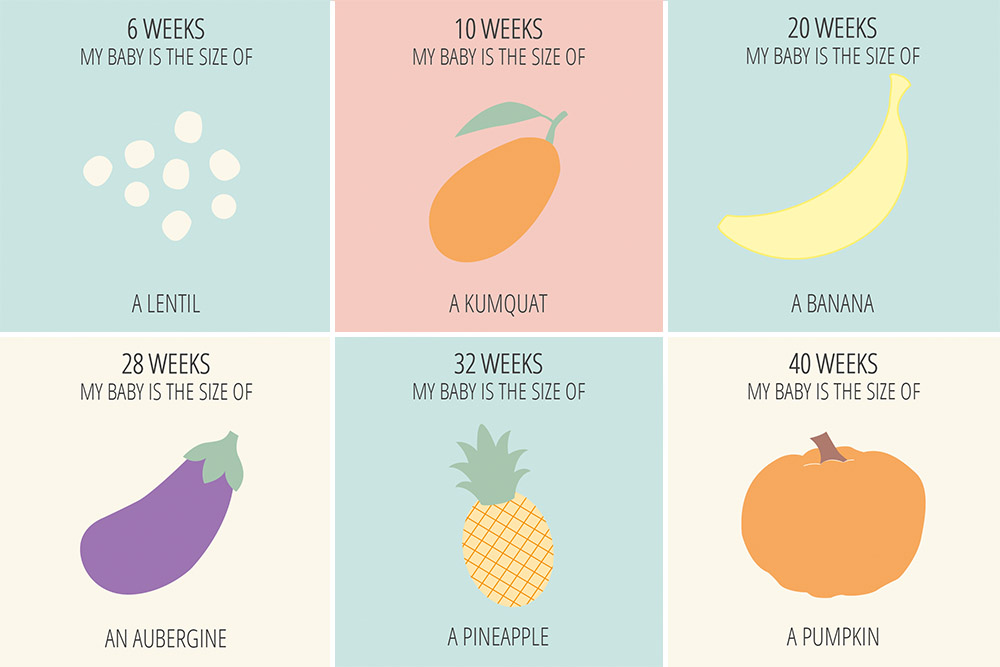 If the symptoms worsen, it is necessary to consult a doctor who will prescribe the necessary medications and help the expectant mother balance her diet.
If the symptoms worsen, it is necessary to consult a doctor who will prescribe the necessary medications and help the expectant mother balance her diet.
23rd week of pregnancy
Child development
The 23rd week is an intensive formation of the respiratory system. The fetus begins to gradually make respiratory movements. If earlier the respiratory movements were periodic, now their duration can reach up to 40 minutes. In a minute, the child takes up to 50-60 breaths. The development of the respiratory system does not stop at this time, a kind of breathing exercises continue until childbirth, the baby improves skills and prepares to breathe air.
When breathing in the womb, the baby swallows a small amount of amniotic fluid and then pushes it out. In this case, the epithelium is washed. When amniotic fluid is swallowed, part of it is absorbed by the blood vessels, and the original feces, that is, meconium, are formed from the remnants.
If the baby is very active and swallows water very intensively, diaphragm irritation and contractions, also called "fetal hiccups", may occur.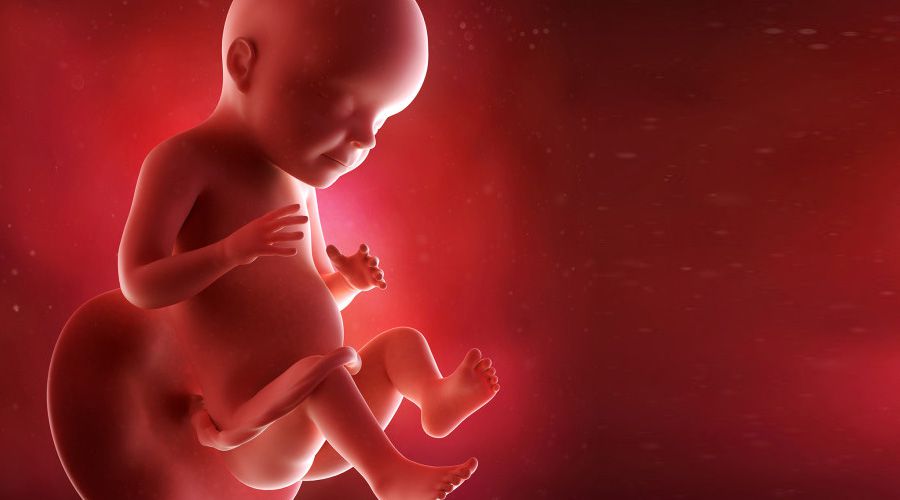 These rhythmic movements are not abnormal; such hiccups pass in a few minutes, does not pose a threat to the expectant mother and child. If the contractions do not stop within a few hours, you should go to the hospital, as a more serious problem, including hypoxia, can be the cause of hiccups.
These rhythmic movements are not abnormal; such hiccups pass in a few minutes, does not pose a threat to the expectant mother and child. If the contractions do not stop within a few hours, you should go to the hospital, as a more serious problem, including hypoxia, can be the cause of hiccups.
The 23rd week is an important stage in the intrauterine development of a person. It is at this time that the formation and improvement of the main components of the circulatory and immune systems, including the liver, lymph nodes, spleen and bone marrow, continue. At this time, the thymus gland (or thymus) develops, which plays an important role in the functioning of the human endocrine system. It is in the thymus that lymphocytes mature. After a kind of "training" in the thymus, the cells enter the bloodstream and can resist infection, neutralize foreign cells in the body.
During pregnancy, the fetal immune system goes through several stages of formation and cannot provide full protection against diseases.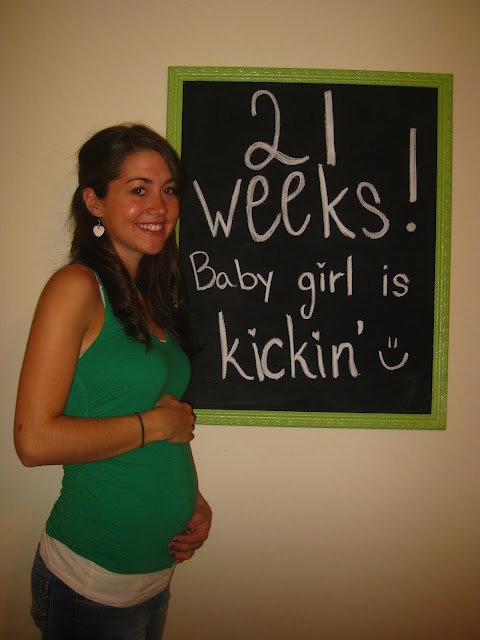 The baby is protected by maternal antibodies, while its own immune system learns to recognize potential threats, remember bacteria and viruses, and defend itself against their harmful effects.
The baby is protected by maternal antibodies, while its own immune system learns to recognize potential threats, remember bacteria and viruses, and defend itself against their harmful effects.
Pregnant woman
At 23 weeks' gestation, the uterus rises even higher and is located at a height of 4 cm from the woman's navel. The volume of the uterus increases significantly not only due to the growth of the child, but also due to an increase in the mass and volume of amniotic fluid and the placenta. At this time, the weight gain of a pregnant woman of 5-7 kg is optimal. The expectant mother should carefully monitor the daily diet, do not overeat, since excessive weight gain can pose a threat not only to her health, but also to the baby.
Intensive growth of the uterus causes a shift in the center of gravity. A woman becomes awkward, may feel discomfort in the joints and pain in the spine while walking or sitting for a long time. At this time, the doctor may recommend that a pregnant woman wear special supportive underwear made from natural materials or a bandage.
24th week of pregnancy
Child development
At 24 weeks of gestation, the baby continues to grow rapidly, it weighs already 600 g, and its height is approximately 33 cm. The fetus occupies the entire uterine cavity, so its movements become less impulsive, but more distinct; sharp movements are replaced by smaller ones. The baby can still radically change the position of his body, but prefers to sort out the umbilical cord, play with it, bend and unbend the arms and legs. The amount of muscle mass, namely the muscle fibers of the child, increases sharply. At this time, this indicator reaches its maximum. At later stages of pregnancy, the muscle mass of the fetus increases due to an increase in the volume of each muscle fiber.
This week the child's senses are being improved. He knows how to distinguish tastes, hears perfectly and orients himself in space, the baby's skin has a high sensitivity. The fetal brain continues to develop, connections with the senses are formed, so the child's behavior is characterized by a high degree of complexity. Studies have shown that the child reacts to external stimuli: if a bright light hits his mother's stomach, he turns his head away, closes his eyes or covers his face with his hands. A woman should be calm and peaceful, because her fear, excitement is transmitted to the child, he begins to move intensively or freezes abruptly. The baby may react to harsh sounds, noise, or other stimuli.
Studies have shown that the child reacts to external stimuli: if a bright light hits his mother's stomach, he turns his head away, closes his eyes or covers his face with his hands. A woman should be calm and peaceful, because her fear, excitement is transmitted to the child, he begins to move intensively or freezes abruptly. The baby may react to harsh sounds, noise, or other stimuli.
Pregnant woman
The weight of the pregnant woman continues to increase, the increase this week is about 500 g. The belly grows, the uterus not only increases in size, but also stretches. A woman may notice pain in the abdomen, but they do not differ in intensity and do not last long.
Rapid weight gain can cause edema. The growing uterus compresses large veins, which, in turn, significantly complicates the outflow of lymph; a woman's ankles and feet, hands swell, in the evening the problem worsens. A pregnant woman should fully rest, lie more, while raising her legs with a roller or placing an additional pillow in order to improve the outflow of venous blood and eliminate the risk of varicose veins.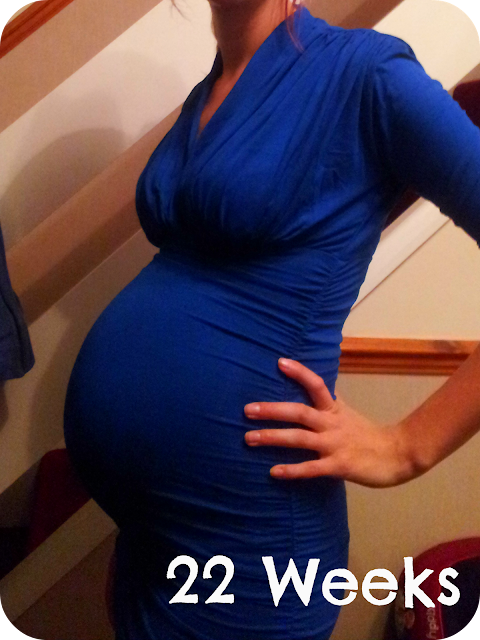 It is important to purchase comfortable shoes, abandon the "boats" on the stiletto heels and provide the feet with the necessary comfort. Wearing compression tights and stockings will help to significantly reduce the risk of developing varicose veins and the appearance of edema. When choosing the degree of compression and models, it is necessary to take into account the opinion of a phlebologist or gynecologist.
It is important to purchase comfortable shoes, abandon the "boats" on the stiletto heels and provide the feet with the necessary comfort. Wearing compression tights and stockings will help to significantly reduce the risk of developing varicose veins and the appearance of edema. When choosing the degree of compression and models, it is necessary to take into account the opinion of a phlebologist or gynecologist.
21 weeks pregnant - what's going on, ultrasound and fetal development, belly at 21 weeks pregnant
WHAT'S HAPPENING
The 21st week of pregnancy is a kind of milestone, and already from the end of this period, the child will be able to live outside the mother's womb. The internal organs of the fetus are fully formed, and now the process of their functioning is being improved.
Your baby's skin has become tight, smooth and pink. Muscle and bone tissue grows and strengthens. At 21 weeks pregnant, the baby is constantly swallowing amniotic fluid, exercising its lungs and esophagus.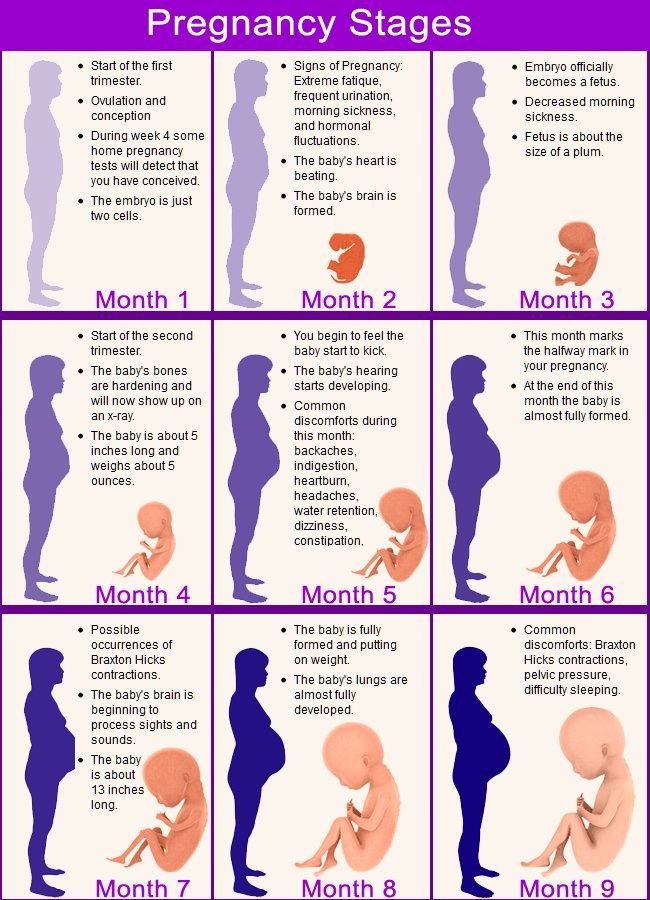 The endocrine system is already working, and at this stage the spleen joins it.
The endocrine system is already working, and at this stage the spleen joins it.
The active development of the brain continues: the cortex is formed, new convolutions and furrows appear, and the division of nerve cells occurs. At the 21st week of pregnancy, fetal movements become more coordinated.
In a sufficient amount of amniotic fluid, the baby freely changes position: it turns upside down, then upside down, spins around its axis. During the day, movements alternate with periods of deep sleep. Follow the movements of the crumbs at the moments of wakefulness: 20 - 21 weeks of pregnancy - a period when excessive activity can be a sign of a lack of oxygen, in addition, it happens that at later stages, sharp chaotic movements lead to entanglement of the fetus with the umbilical cord. So be sure to tell your doctor about it.
YOUR WELL FEELING
Early toxicosis is a thing of the past, and the little one has not yet grown up enough to greatly hamper my mother's movements. Therefore, at the 20th - 21st week of pregnancy, a woman is usually pleased with herself and is in a good mood.
Therefore, at the 20th - 21st week of pregnancy, a woman is usually pleased with herself and is in a good mood.
This period is characterized by the following sensations and manifestations of pregnancy (many of them will be new for the expectant mother!):
SIGNIFICANT WEIGHT GAIN
Now you may notice that you have recovered a little more than usual. At this stage, this is normal, and over the next weeks, body weight will increase even more intensely. This is due not only to your increased appetite, but also to the fact that the child begins to accumulate subcutaneous fat.
PAIN IN THE ABDOMINAL MUSCLES
At 21 weeks pregnant, the fetus takes up more and more space, and to increase the free space, he stretches and kicks mom in the stomach.
SKIN DISCOLORATION
Due to the high concentration of estrogen in the body, the skin of the hands and feet may acquire a slightly bluish tint. After giving birth, her color will return to normal.
POWERFUL HAIR GROWTH
At 20 - 21 weeks of pregnancy, due to hormonal changes in the body, hair may appear in unwanted places.
HEMORRHOIDS
The cause of the disease is constipation and impaired blood circulation in the lower half of the body.
THE APPEARANCE OF THE "PRACTICE" BRAXTON-HICKS BATTLE
These are periodic contractions of the muscles of the uterus (most often in the evenings) that help prepare for childbirth. At 21 weeks of pregnancy, false contractions can be provoked by increased fetal activity, a full bladder, touching the stomach, sex. Unlike real contractions, these contractions are painless and irregular. With them, the cervix does not open.
RISK FACTORS
During this period, edema is of particular danger. Due to the slowdown in the blood circulation process, fluid accumulates in the tissues of the legs. The reason for the appearance of edema can be an excess of water in the body of a woman.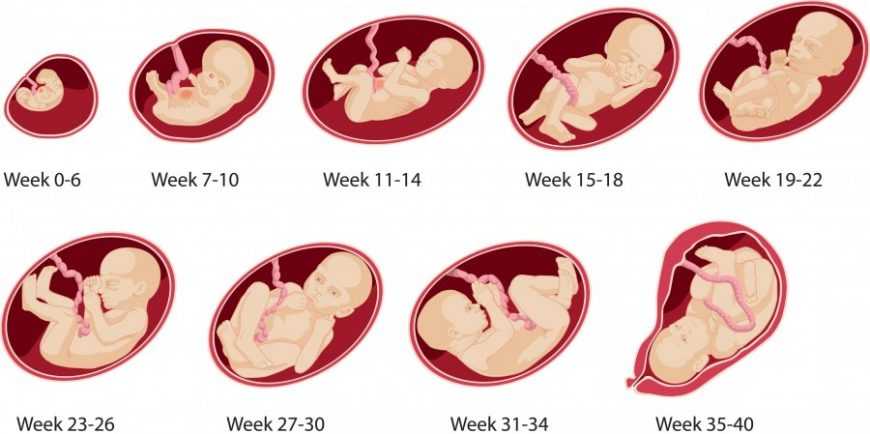 If they are localized in the legs, this does not affect the course of pregnancy, but if the face is swollen and this condition does not go away for a long time, you should definitely visit a doctor, because this can be a sign of serious complications.
If they are localized in the legs, this does not affect the course of pregnancy, but if the face is swollen and this condition does not go away for a long time, you should definitely visit a doctor, because this can be a sign of serious complications.
Starting from the second trimester, the risk of thrush increases. This disease is caused by a fungus and appears when there are problems in the immune system (at 21 weeks of pregnancy, the body's defense mechanisms are weakened). Symptoms of the disease are discomfort, itching and redness of the skin in the genital tract, curdled discharge, pain during intercourse and urination. If the thrush is not treated, the child can become infected with the fungus.
Sometimes at the 21st week of pregnancy, a complication such as thrombosis occurs. It is manifested by redness and soreness of the skin in the area of inflammation, as well as severe swelling of the lower leg. If you have these symptoms, be sure to make an appointment with a phlebologist or vascular surgeon.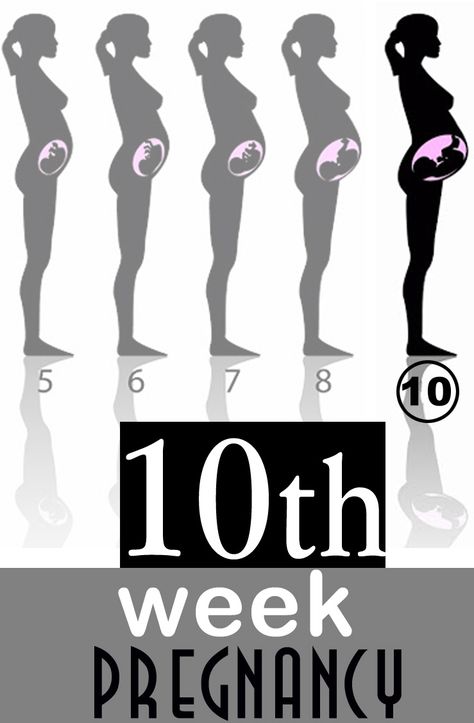
MEDICAL SUPERVISION
Usually, at the 20th - 21st week of pregnancy, the next planned ultrasound is performed and screening is done. Studies allow you to measure the parameters of the fetus, evaluate the work of its organs, the amount of amniotic fluid, the condition of the placenta, uterine tone and many other indicators.
At each appointment, the expectant mother takes general blood and urine tests. In the presence of complications, the doctor may prescribe additional studies (detailed urinalysis or biochemical blood test).
RECOMMENDATIONS
- If you experience shortness of breath at 21 weeks pregnant, start learning breathing techniques. Subsequently, they will be very useful in the process of childbirth;
- Due to hormonal changes, the skin may become pigmented. To get rid of them, try wiping such areas with lemon juice or milk;
- If you are worried about heartburn, try not to eat before going to bed, because in a horizontal position, gastric juice rises to the throat and burns the mucous membranes.
 During attacks of heartburn, you can take a knee-elbow position for a few minutes;
During attacks of heartburn, you can take a knee-elbow position for a few minutes; - Constipation is one of the most common problems women face at 20 to 21 weeks pregnant. In order to cope with it, you need to reconsider your diet. Eat more dairy products (but do not lean on cottage cheese and hard cheeses), enrich your diet with sources of fiber (vegetables, fruits, bran bread), start the day with a glass of water.
Fifth month of pregnancy
Pregnancy and childbirthEating Right During Pregnancy
How to create a healthy diet for a pregnant woman, what vitamins should be present in the diet, how much liquid should be drunk, what drinks to prefer and what to avoid, what foods are considered harmful for pregnant women and how to keep weight under control while staying in a good mood.


